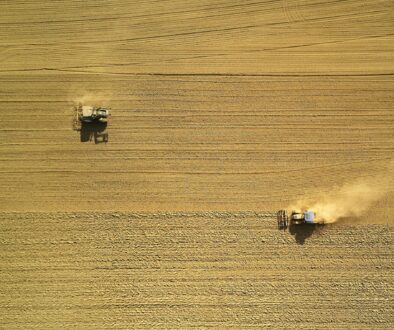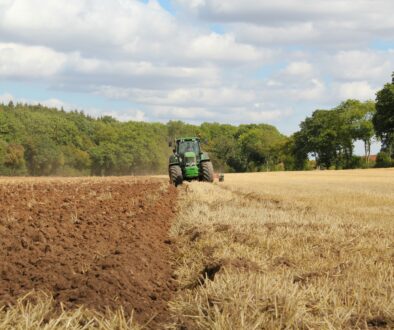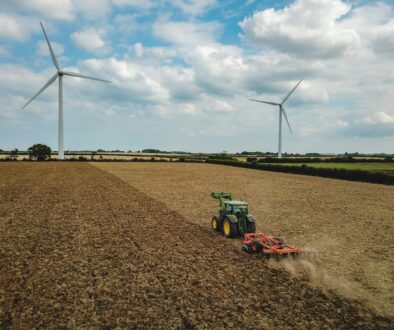Agricultural Tenancies to which the Agricultural Holdings Act 1986 continues to apply: Succession
Agricultural Tenancies to which the Agricultural Holdings Act 1986 continues to apply: Succession
Although now approaching 40 years of age, the Agricultural Holdings Act 1986 (the 1986 Act) continues to apply to:
- all agricultural tenancies created before 1 September 1995, and
- certain tenancies (principally succession tenancies) granted after that date but which are specifically excluded from the application of the Agricultural Tenancies Act 1995 (the 1995 Act)
With certain, limited exceptions, the 1995 Act applies to tenancies of agricultural holdings created on or after 1 September 1995.
What is ‘agricultural land’ for the purposes of the 1986 Act?
Land qualifies as agricultural land protected by the 1986 Act if it is :
- used for agriculture, and
- so used for the purposes of a trade or business.
‘Agriculture’ is defined as including (but not necessarily being limited to) horticulture, fruit growing, seed growing, dairy farming and livestock breeding and keeping, the use of land as grazing land, meadow land, osier land, market gardens and nursery grounds, and the use of land for woodlands where that use is ancillary to the farming of land for other agricultural purposes.
This definition is not exhaustive. Other purposes may still constitute agricultural use. For example, arable farming is not included in the definition but is clearly an agricultural use.
However, the definition must be construed in the agricultural context in which it occurs.
Succession
Part II of the Agriculture (Miscellaneous Provisions) Act 1976 introduced provisions enabling a close relative of a deceased tenant to succeed to an agricultural tenancy.
Two tenancies by succession can be granted, so it is possible for the land to be tenanted by the original tenant’s family for a maximum of three generations.
Automatic succession rights were subsequently abolished for all new tenancies granted on or after 12 July 1984, but the parties could voluntarily contract into succession rights after this date under section 34(1)(b)(iii) of the 1986 Act.
However, if a tenancy was granted by an agricultural land tribunal under the succession provisions (and this successive tenancy was granted on or after 12 July 1984), the further full two-generation succession provided for in the 1986 Act can still take place. A succession tenancy granted in this way will also continue to be a tenancy to which the 1986 Act applies even if it is granted after 1 September 1995.
With effect from 1 July 2013 the Transfer of Tribunal Functions Order 2013 transferred the functions in England of Agricultural Land Tribunals to the First-tier Tribunal (Property Chamber) — Agricultural Land and Drainage (FTT).
The FTT operates under the Tribunal Procedure (First-tier Tribunal) (Property Chamber) Rules 2013 (as amended by the Tribunal Procedure (First-tier Tribunal) (Property Chamber) (Amendment) Rules 2014).
Agricultural Land Tribunals continue to operate in Wales under the Agricultural Land Tribunals (Rules) Order 2007.
Succession on death ; An application for succession can be made within three months of a tenant’s death when the tenant dies and is survived by a close relative.
An application of this type will suspend any notice to quit given by the landlord on the tenant’s death. The applicant must be an ‘eligible person’. In short, they must have derived their principal source of livelihood for five years prior to the death from their agricultural work on the holding and must not be an occupier of a ‘commercial unit of agricultural land’.
Succession on retirement; The 1986 Act introduced provisions enabling an existing farm tenant to retire and nominate a qualifying successor to take over the holding. The conditions are similar to those applicable on succession on death.
(This article is not intended to be comprehensive or to provide specific legal advice. It should not be relied upon in the absence of specific advice given in relation to particular circumstances.)
For further information, please contact: Natalie Linehan, Andrew Williamson or David Thorp




